Vulnerability in the Context of the COVID-19 pandemic: a Case study of Motorcycle-Taxi Drivers in Dar es Salaam
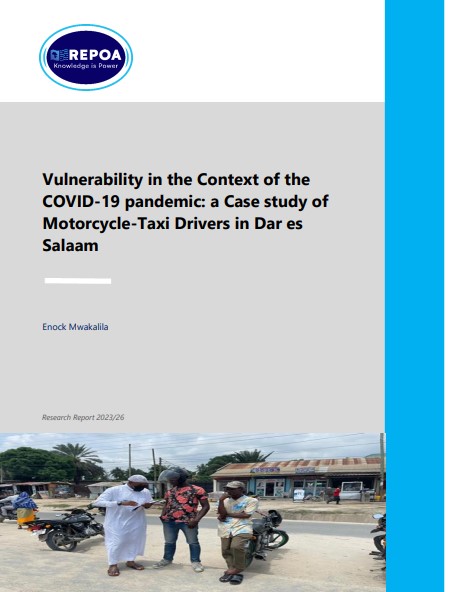
The Tanzanian Government can use the study results to better understand the vulnerability issues related to motorcycle taxis in the country and formulate practices and policies to minimize their vulnerability and maximize their benefits. This will include raising awareness of Covid-19 and related precautionary measures. READ ON…!
Factors Influencing Smallholder Tomato Growers’ Access to and Uptake of Climate Change Information in Iringa and Morogoro Regions
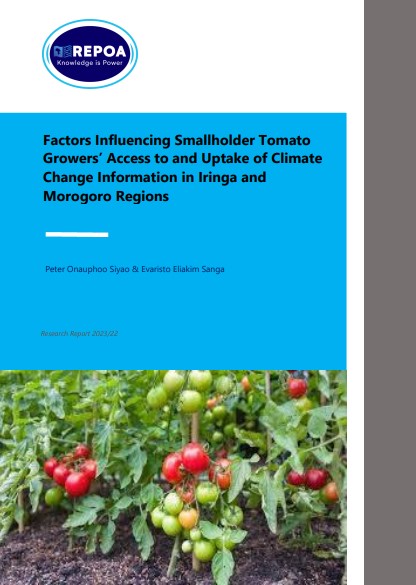
This study assesses the factors influencing access to and uptake of climate change information for building adaptive capacity through awareness creation among smallholder tomato growers in selected rural parts of Tanzania. The study seeks to answer the following research questions: what are the factors that encourage access to and uptake of climate change information by […]
Examination of the Sociocultural Barriers Facing Women Miners in Morogoro and Manyara
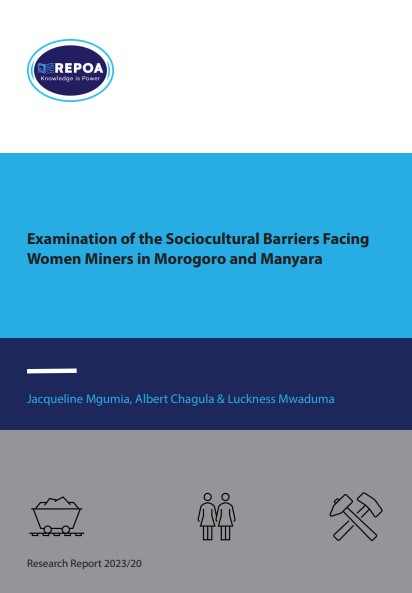
The findings of the study indicated that the patriarchal ideology, negative social attitudes and gender-based and sexual violence were the main sociocultural barriers facing women miners in Morogoro and Manyara. However, the women miners in Morogoro reported higher mean values than their counterparts from Manyara in the areas of negative social and cultural norms and […]
Post-Harvest Losses in Marketed fruits and vegetables: Evidence from selected markets in Dar es Salaam
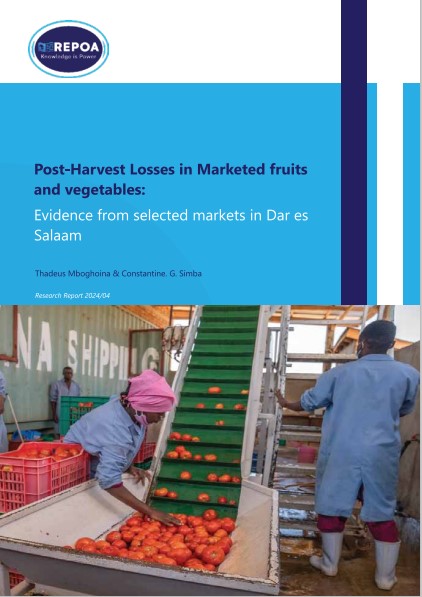
This study attempts to bridge the existing knowledge gap by focusing on post-harvest losses (PHL) in marketed fruits and vegetables in Dar es Salaam. There is arguably a limited but growing body of literature dedicated to studying PHLs in fruits and vegetables. There is even lesser attention, especially in developing economies, paid to losses incurred […]
Farmers’ Integrated Agricultural Marketing in Tanzania: Can’t the Digital Warehouse Receipt System Work?
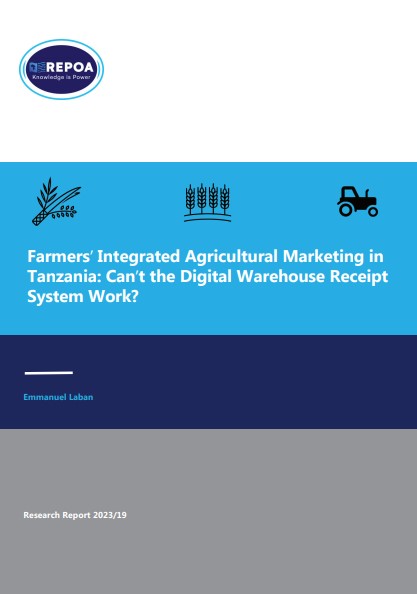
Although the manual systems and processes are embraced to the point that the impression is created that digital transformation is not possible and the strong, efficient and effective digital systems and processes in the Warehouse Receipt System cannot work through cooperatives – transformation and digital transformation in the Warehouse Receipt System implemented through the AMCOS […]
Motorcycle Transport Business and Its Influence in Promoting Youth Employment in Tanzania: A Case of Morogoro Municipality
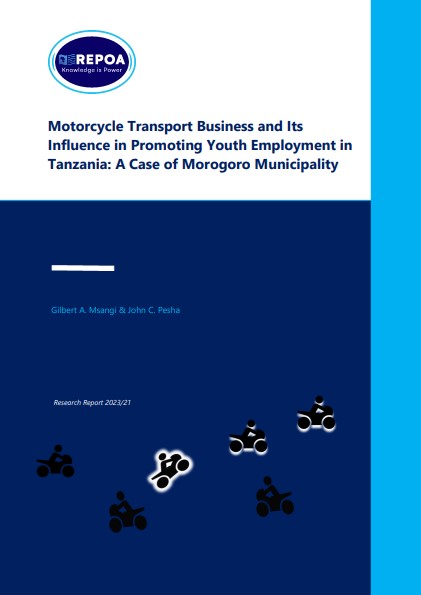
In the last decade, motorcycle transport has provided a new take off in the transportation industry, particularly in developing countries. This kind of transportation has gained significant popularity due to its nature of flexibility, affordability and adaptability attributes that have greatly increased its following among the youth, particularly in urban areas, where many of them […]
Tanzanians commend COVID-19 response but call for more investment in preparing for future health emergencies
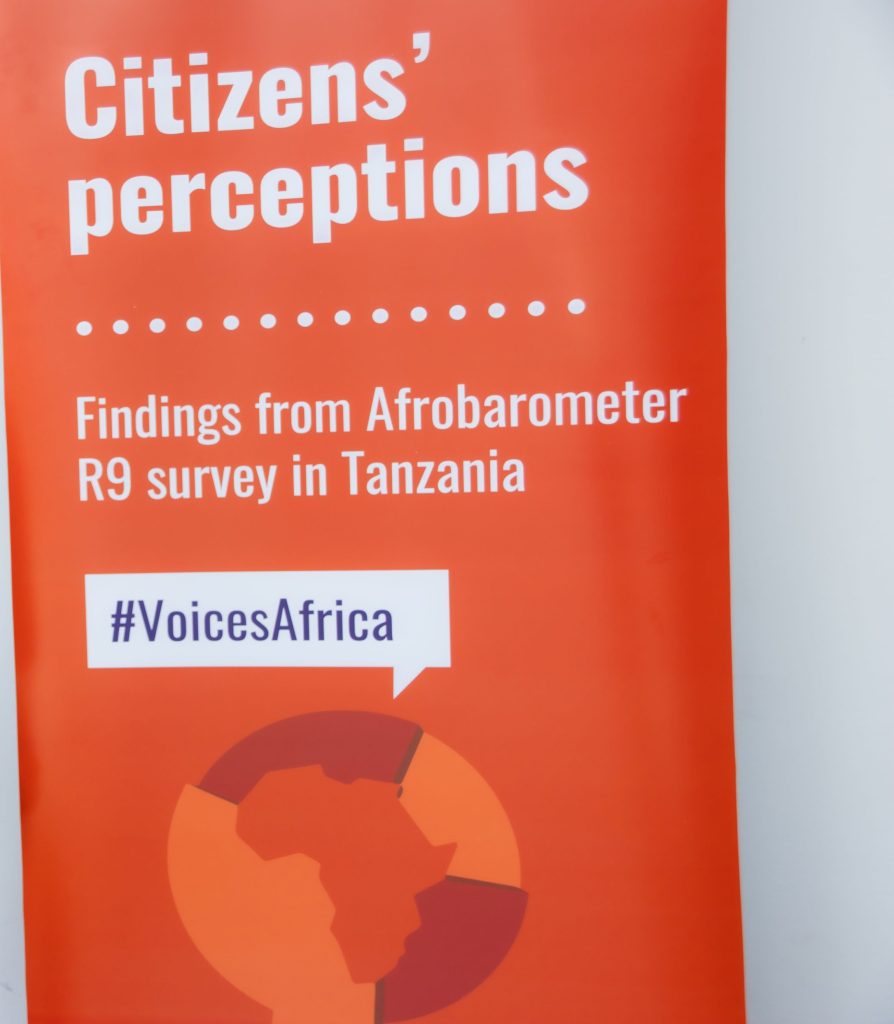
A recent Afrobarometer survey reveals that about one in seven Tanzanian households report losing a primary source of income due to the pandemic. Only about three in 10 adults say they have been vaccinated against COVID-19, and willingness to get vaccinated is strongly associated with trust in the government to ensure vaccine safety. Tanzanians are […]
Tanzanian youth cite health, water, economy as priority problems government should address
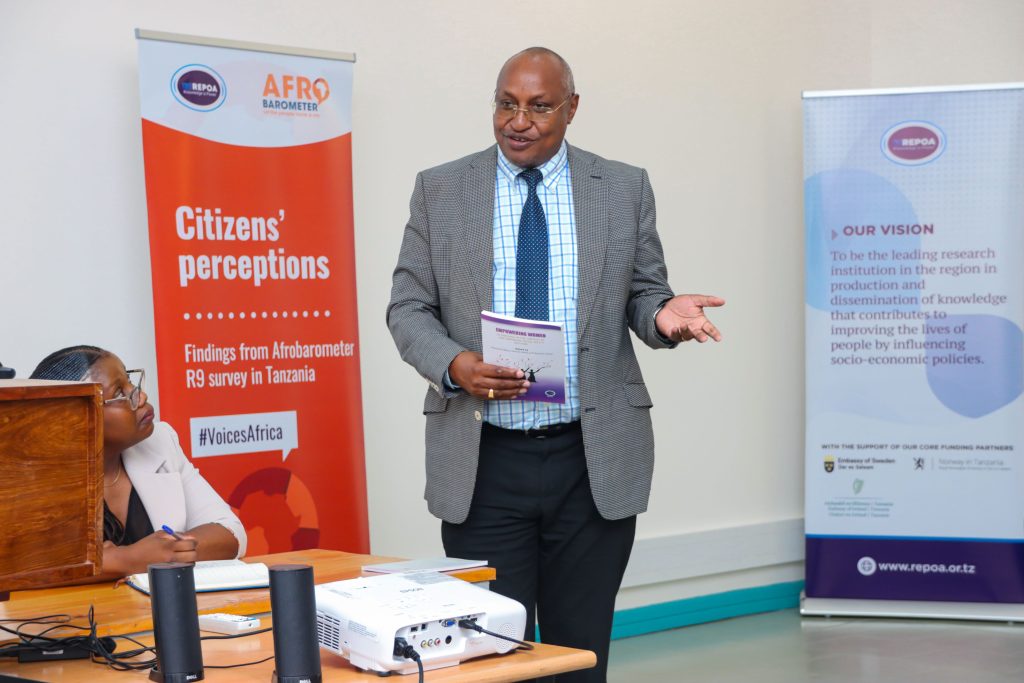
The Afrobarometer Round 9 survey, conducted in 2022, sheds light on how the youth of Tanzania perceive the country’s political and economic landscape. Survey findings show that while Tanzanian youth are more educated than their elders, they are also more likely to be unemployed. A majority of young Tanzanians think their country is moving in […]
Locally-led adaptation: moving from principles to practice in the water sector
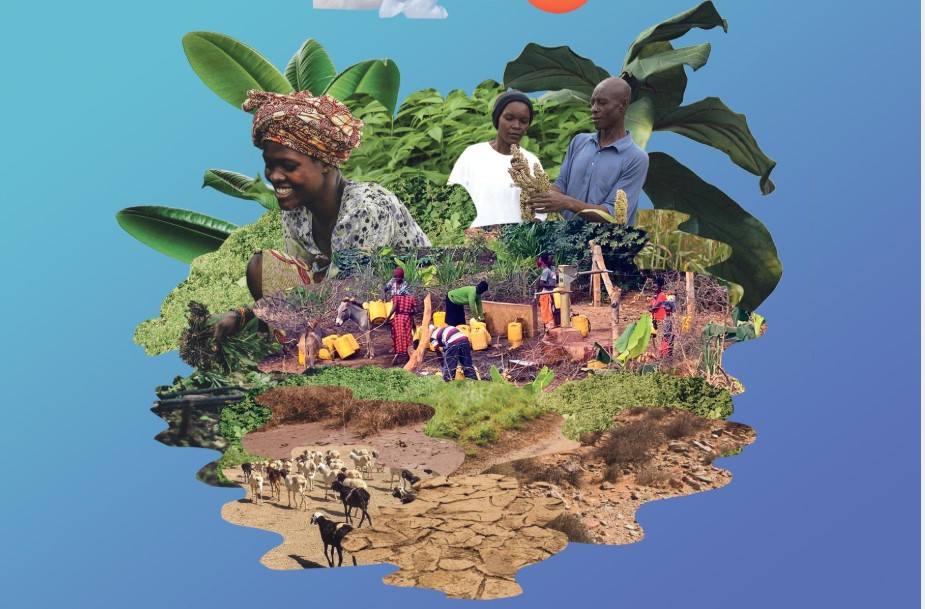
This Report focuses on locally-led adaptation in the water sector, examining progress and lessons learnt from water adaptation initiatives in East Africa’s drylands. The report introduces an assessment framework to evaluate how water adaptation projects align with the LLA principles, supplemented with a principle on Nature-based Solutions. The framework is then applied to examine six […]
Locally-led climate change adaptation works: Here are eight ways to support it

Locally-led adaptation (LLA) is a framework of key principles for how to support communities in adapting to climate change. This policy brief looks at a study of six LLA water-related projects in Kenya and Tanzania to explore how donors, governments and civil society actors can best support the approach.
Workshop Report: 27th Annual Research Workshop – 2023 “Galvanizing Inclusive and Sustainable Growth through Structural Transformation”
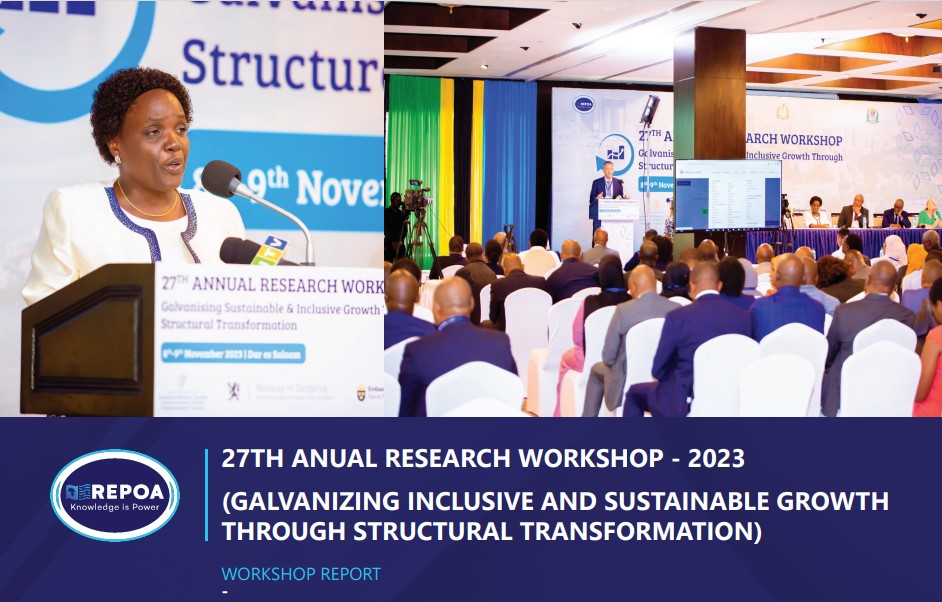
REPOA’s Annual Research Workshop continues to be the longest running and largest research workshop held in Tanzania by a Tanzanian organization, where researchers, research users, and development stakeholders meet to discuss research findings, their associated implications for development policy in Tanzania and propose areas of further strategic research.The 27th REPOA’s ARW was conducted at a […]
Safeguarding Digital Labour: Data Protection for Platform Workers
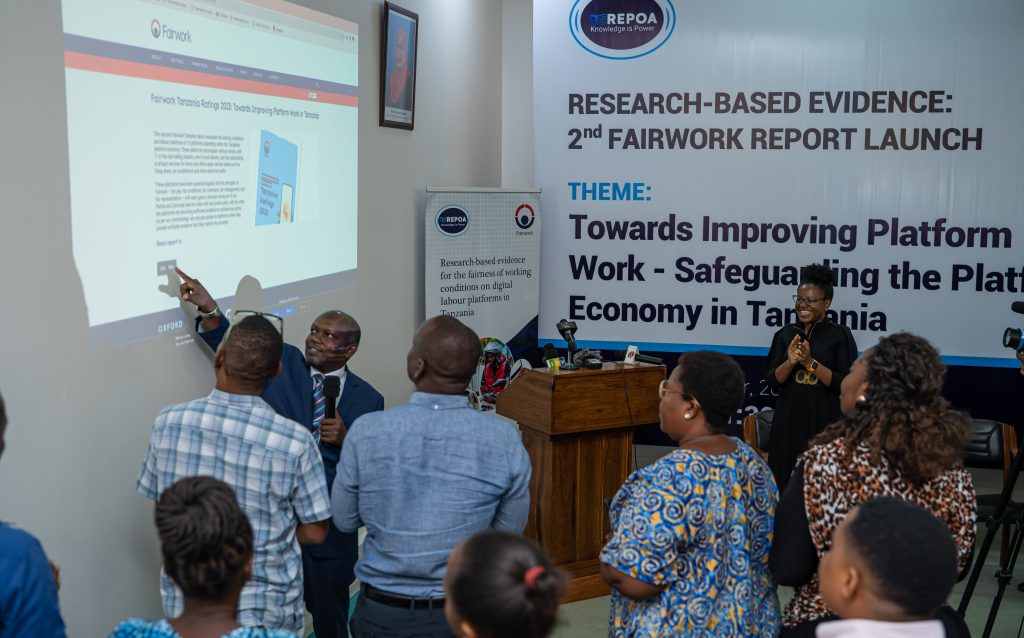
The digital revolution, coupled with the rise of the gig economy has transformed the way work is understood and performed globally. The gig work—temporary and flexible jobs offered by online platforms—has become increasingly prominent in Tanzania as it is in other parts of the world. Gig platforms in Tanzania offer opportunities but also raise data […]
Tourism in Tanzania: status, trend, and existing growth potentials
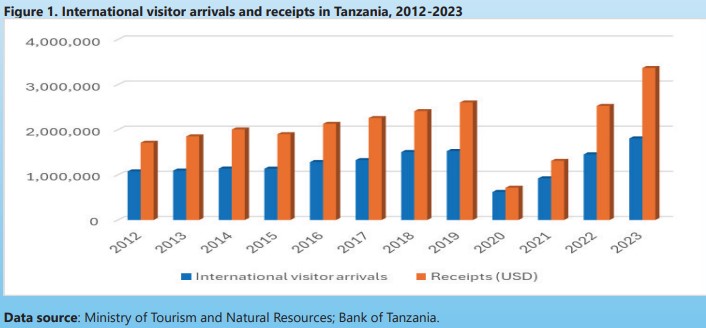
Tourism plays a significant role in livelihoods & poverty reduction, directly employing over 1.4 million workers and contributing 17% to GDP. Notwithstanding a near 75% decline following the global outbreak of the COVID-19 pandemic, receipts from international arrivals doubled between 2012 and 2023. Synergies between tourism and other sectors can be leveraged to facilitate much […]
Dignifying Well-being of Women: Labour Conditions in Solid Waste Management in Tanzania Cities

Gender disparities readily appear across the waste management value chain, reflecting prevalent imbalances in the socioeconomic structures. Women are predominantly situated in low-pay, insecure roles, and insufficient attention is directed toward addressing their needs during the maternity period. There is an urgent necessity to integrate a gender perspective into decision-making and policy formulation within the […]
Re-examining the Citizens’ Preferences for the Political Party Systems in Tanzania after 1992
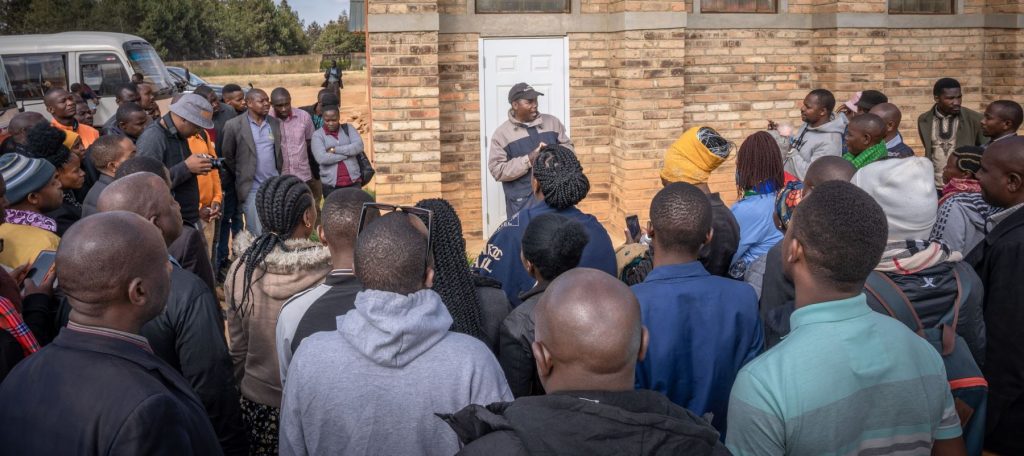
After the re-adoption of multipartyism in Tanzania in 1992, the preference of many adult Tanzanians for the political party system changed from a single-party system to pluralism. However, in 2005, the number of citizens who preferred a single-party system surpassed the number of those who favoured multipartyism. This could have been influenced by the heightened […]
Factors Influencing the Adoption of E-participation at the Local Level in Tanzania
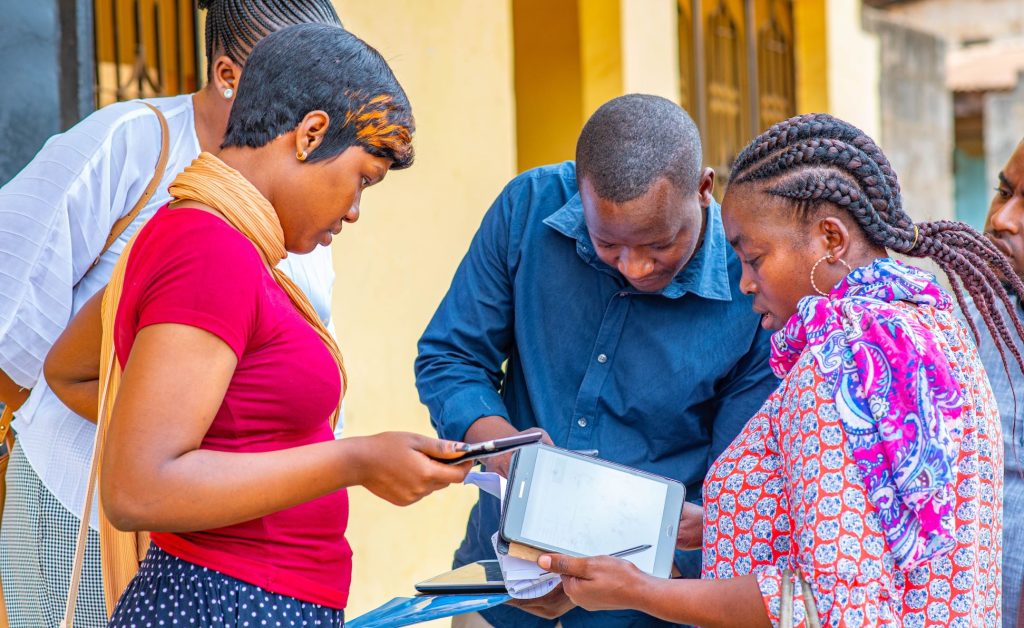
Despite the government’s efforts to adopt e-participation at the local level, adoption is still in the early stages, especially at Lower Local Government (LLG) level. However, to a greater extent, councils complied with the Government website guidelines although the guidelines do not include the provision of information below the district level. The main factor is […]